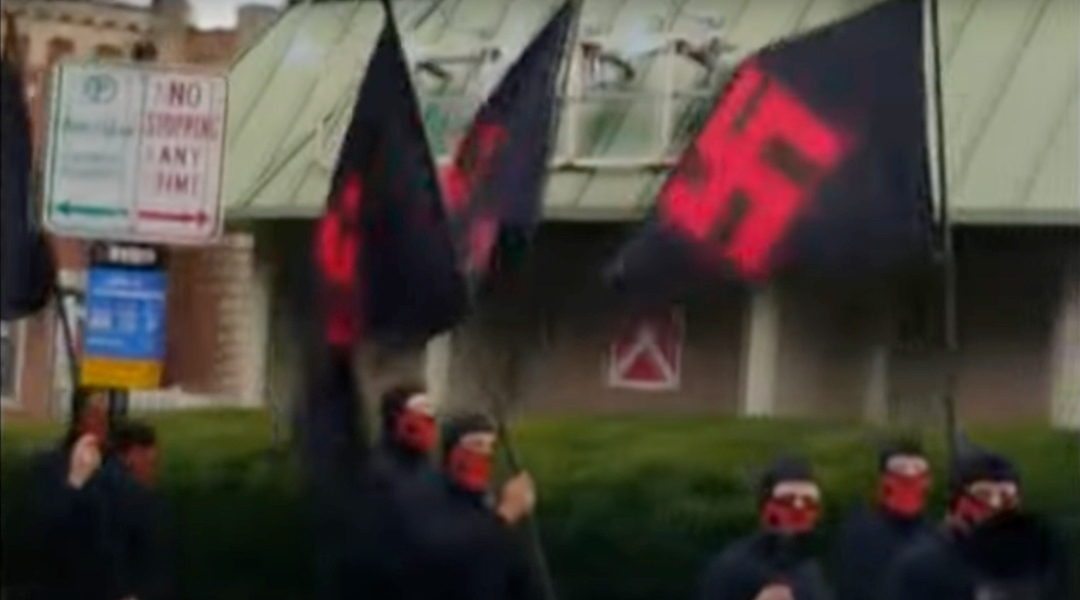Dutch Plan Oversight of Kosher Slaughter — Ban Export

The Dutch government announced it plans to limit ritual slaughter through new measures, including a ban on the export of kosher and halal meat.
Agriculture Minister Martijn van Dam announced his government’s plan to limit ritual slaughter in the kingdom on Wednesday, in a letter he sent to the Tweede Kamer, the lower house of the Dutch parliament.
In addition to the ban on exporting kosher and halal meat, the new measures will make the production of such meat subject to the discretion of officials from the Netherlands Food and Consumer Product Safety Authority — an organization that last year urged the government to ban ritual slaughter outright, claiming it was inhumane.
The authority “will oversee compliance with legal requirements connected to animal welfare,” the letter read. In slaughter without prior stunning – a requirement in both kosher and halal slaughter – the authority “will permanently oversee the actual practice of the slaughter.” Slaughterhouses will bear the costs of the expenditure connected with subjecting their activity to the authority, the letter read.
The Netherlands does not export significant amounts of kosher meat.
The letter comes almost four years after the Dutch government reached an agreement with leaders of Jewish and Muslim faith communities over ritual slaughter. It set certain standards, including a 40-second limit on the time animals that are not stunned before their necks are cut are allowed to be conscious before they are slaughtered.
The agreement, known locally as the covenant on slaughter, also said officials will carry out research-based consultations with faith community leaders on how to balance animal welfare with religious freedoms. The covenant was signed following the Dutch senate’s scrapping in 2012 of a law passed by parliament the previous year, which banned all slaughter without prior stunning.
Religious laws in Islam and Judaism require animals be conscious when their necks are cut.
While the covenant addressed some details, since its signing “the setting of general regulations has not taken place,” van Dam wrote, because of lacking documentation – which has since been performed, including by the food authority.
A message from our CEO & publisher Rachel Fishman Feddersen

I hope you appreciated this article. Before you go, I’d like to ask you to please support the Forward’s award-winning, nonprofit journalism during this critical time.
We’ve set a goal to raise $260,000 by December 31. That’s an ambitious goal, but one that will give us the resources we need to invest in the high quality news, opinion, analysis and cultural coverage that isn’t available anywhere else.
If you feel inspired to make an impact, now is the time to give something back. Join us as a member at your most generous level.
— Rachel Fishman Feddersen, Publisher and CEO























